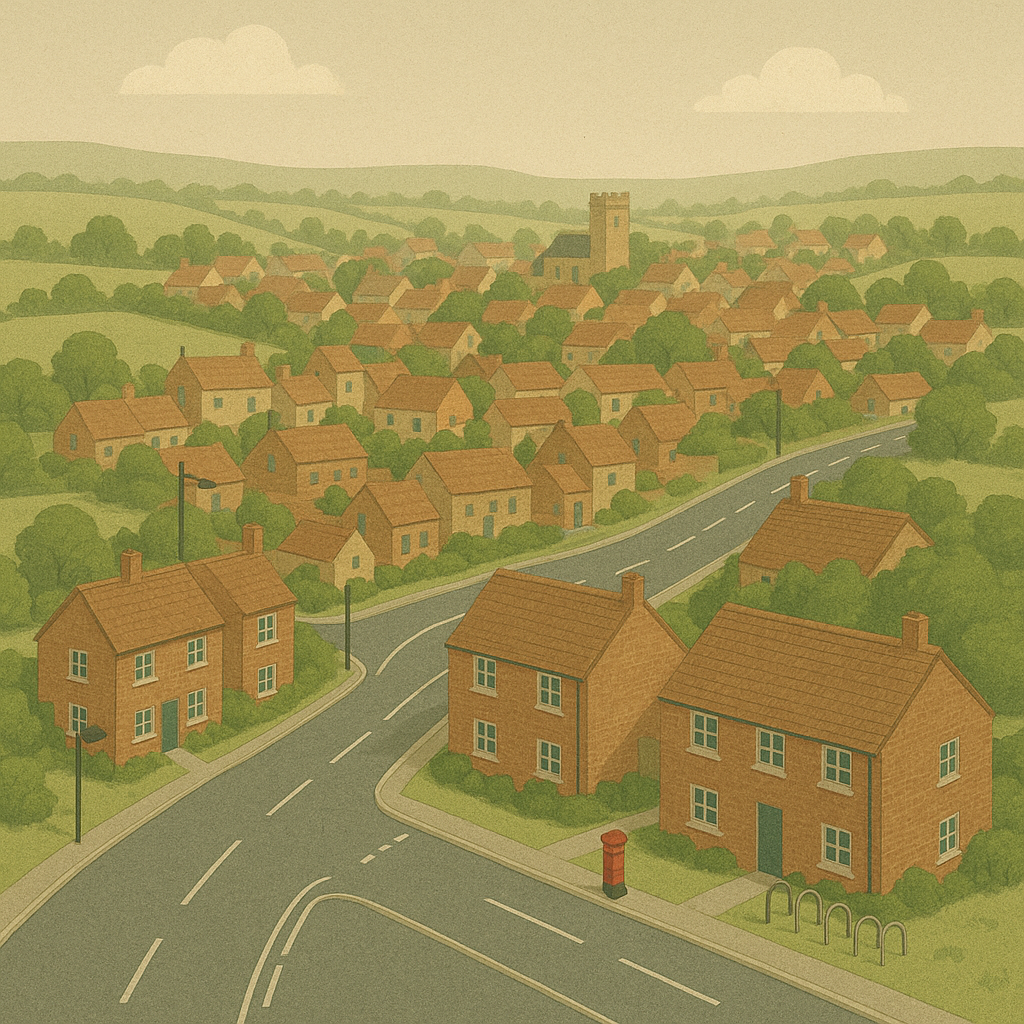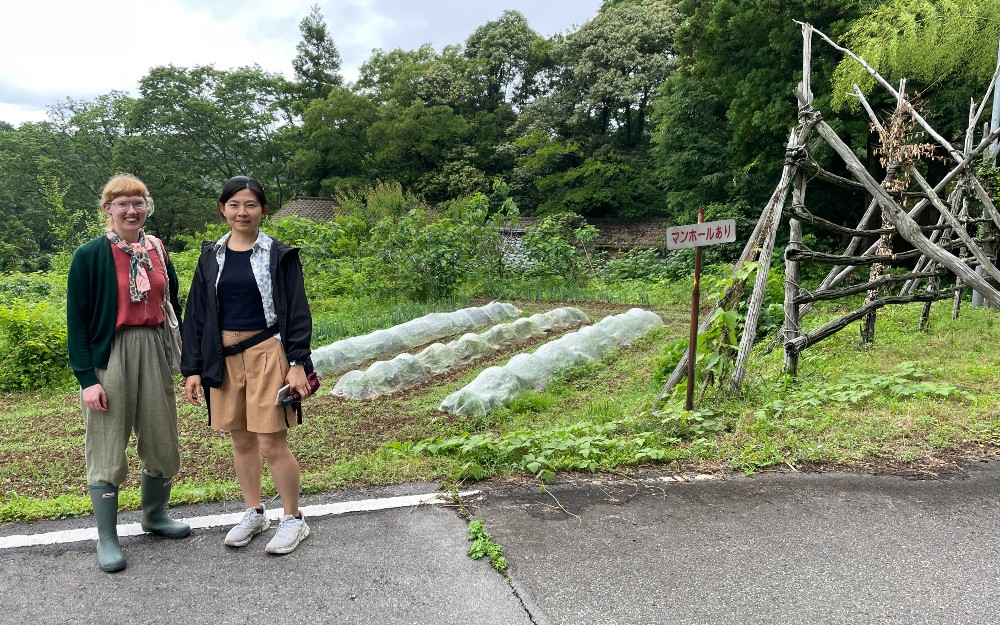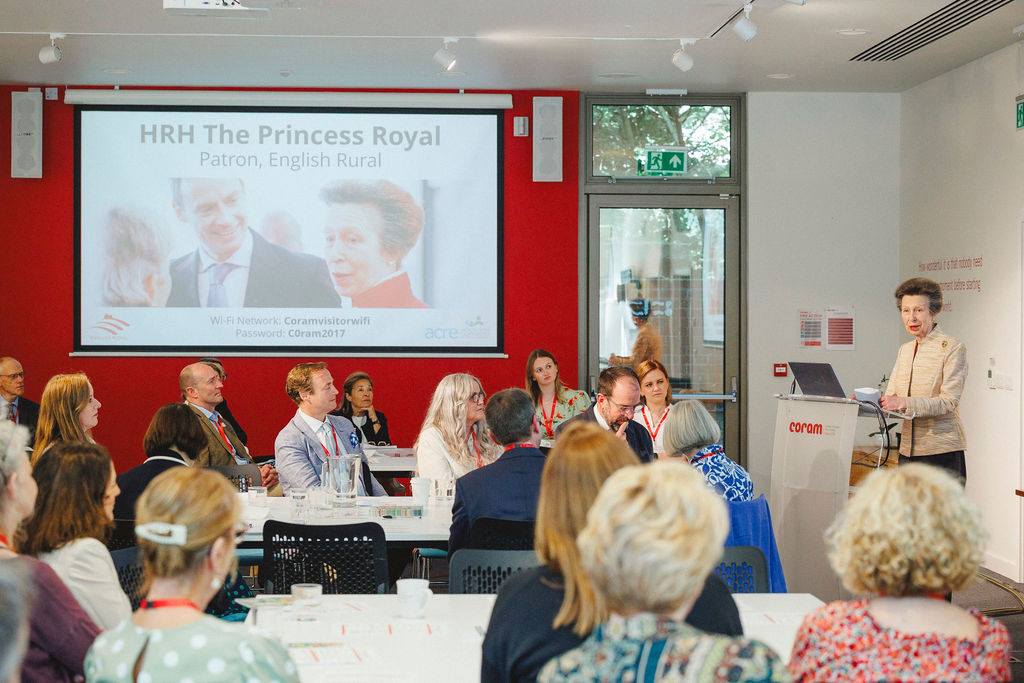It has long been recognised that rural areas are experiencing significant change and that this is influencing the connections that rural people have with the land. The study concluded that while the term ‘post-modern’ has been used over the past few years to describe this change and a change in wider society, there had been little useful exchange with policy development and implementation.
The literature review highlighted the highly complex, contested, and controversial set of challenges in this area suggesting that a post-modern characterisation of the countryside would be one of multiple trends and fragmented uses while sharing the same space. The report suggests that future rural policy can respond to the changes in the post-modern countryside by being more territorial than sector based, or about space as much as about place. Future rural policies may have to promote connectivity, and acknowledge fragmentation, between sectors and possibly between territories, between people and the land and between urban and rural areas.
These initial findings were presented at a discussion seminar in March 2008 attended by staff of both CRC and the CCRI. This influenced the report and development of a final set of recommendations on the implications and future directions for policy, including the wider discussion on the development of policy in key areas such as service delivery and climate change.
The project was led by Chris Short with assistance from Matt Reed and Owain Jones.




